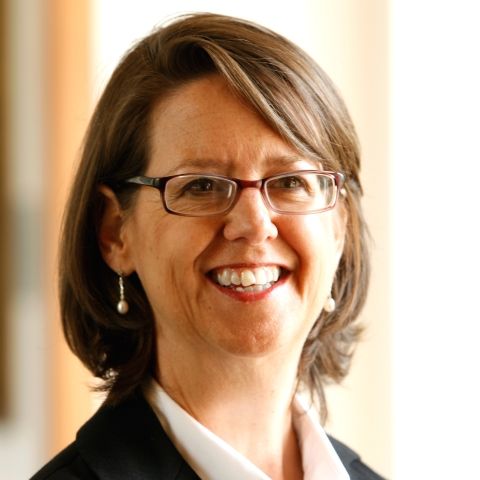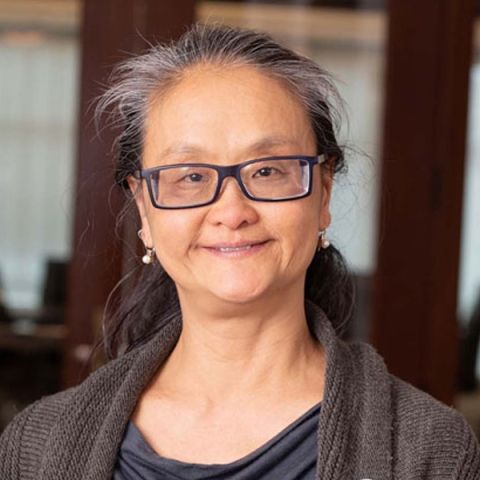

The HPV Vaccine and Parental Consent
As pediatrician Dr. Carson completes her physical exam of Alex, a healthy 15-year-
old girl, she senses that Alex has something else on her mind. “Alex, I’m happy to
say that you’re in perfect health. Do you have any more questions for me before we
bring your mother back into the room?”
“My boyfriend and I are thinking about having sex,” Alex responds. “I’ve never had
sex before.” Dr. Carson asks a few more questions, reviews safe sex practice and
provides prophylactic condoms. “You should also know that the CDC recommends
the HPV vaccine to girls starting at age 11 to prevent infections that may one day
cause cancer.” Dr. Carson continues to describe the vaccine’s efficacy, prevalence,
and known side effects. Alex decides she would like to receive the vaccine.
Dr. Carson asks Alex’s mother to re-enter the room and begins to discuss the
recommendation for the HPV vaccine. Alex’s mother objects. “The HPV vaccine is
mandated here in Virginia for 11-year-old girls. I would have chosen to opt out of
the mandate because I don’t want my daughter to act irresponsibly or suffer
unknown side effects.”
Alex responds angrily. “I’ll come back to Dr. Carson’s office alone, or get the
vaccine at Downtown Family Planning,” she says, referring to a Title-X clinic near
where they live in Richmond. Dr. Carson believes that, although physicians can
legally provide both reproductive health care and STI diagnosis and treatment to a
competent minor, they cannot legally administer the HPV vaccine without parental
consent.